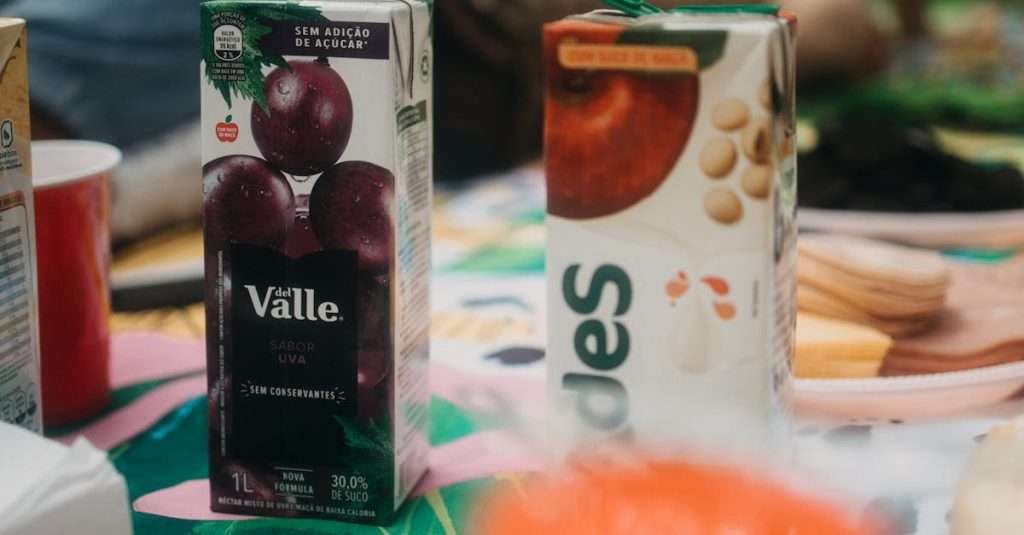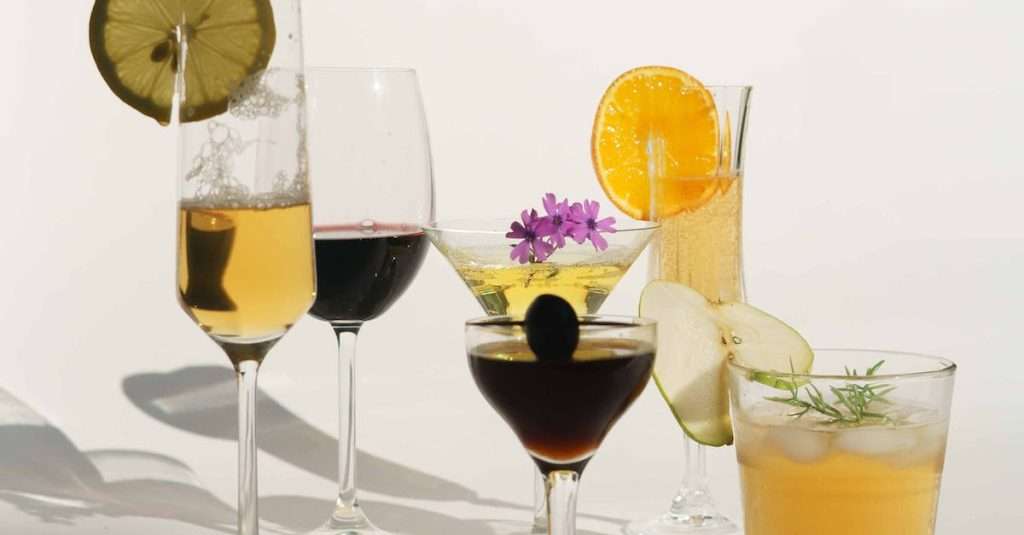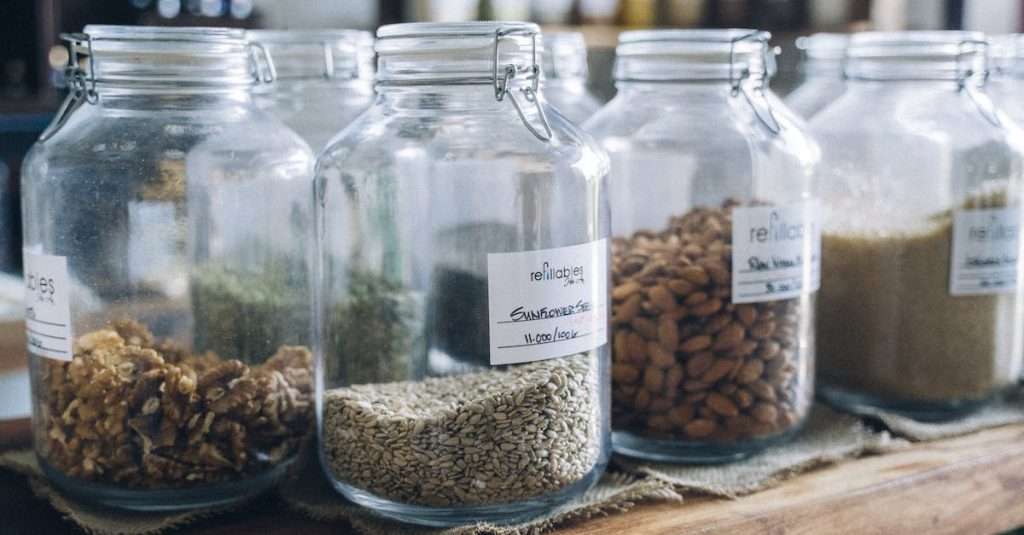Is Organic Sugar Harmful To Hummingbirds? A Comprehensive Guide
Are you a hummingbird enthusiast who loves to provide a safe and nourishing environment for these majestic creatures? The answer is that Organic sugar is not harmful to hummingbirds. In this article, we will explore the topic of using organic sugar as a food source for hummingbirds and address any concerns you may have. We […]
Is Organic Sugar Harmful To Hummingbirds? A Comprehensive Guide Read More »









